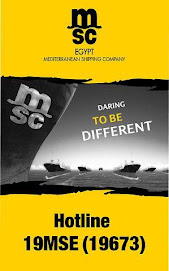By Moustafa Barakat
Over the past few years, controversial issues arose about the so-called Scholastic Aptitude Test (SAT). Some Scholars believe that it is time to abandon the test, while others believe it is vital for student assessment evaluation. Charles Murray, a social scholar, feels that the SAT is inefficient in determining a person’s aptitude. He said, “The SAT is not perfect and it sometimes is fallacious.” The SAT was created by the College Board; it required intense precision and accuracy to be exact with determining a person’s aptitude. But was it worthwhile?
The SAT exam changed about three years ago. Some scholars believe that the new SAT favored girls more than boys. Girls are scientifically known to be better than boys at fixing grammar and constructing essays. With the addition of the Writing section, which includes an essay, the exam has been unfairly set for the benefit of girls. The SAT has caused another more serious issue; it is the gap between the high scorers and the low scorers.
Perhaps the first question that you will be asked in college is, “How well did you do in the SAT?” This not only creates intimidating situations, but it becomes a way of judgment and separation. The high scorers will probably make their own group while the low scorers will create another congregation.
Despite the fact that the SAT may have caused social issues in this sense, about 80 percent of the educators still give great feedbacks on the test’s precision and accuracy.
The SAT is taken by almost all of the American High School students and a majority of international students worldwide. It could cause disappointments or happiness to students. Educators believe that the percent error of the SAT is less than three percent, which is quite good compared to most of the other aptitude tests such as the ACT and the TOEFL.




No comments:
Post a Comment